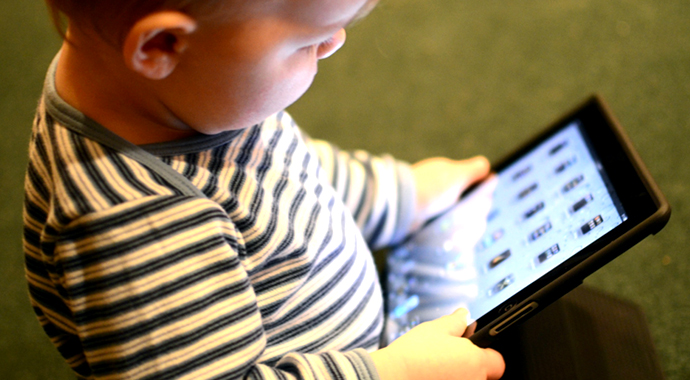Girls in the Movies; Movies in the Girls
Media is a far more essential part of life now than it has been ever before. It is harder to separate it from the rest of our lives. Media consumption is not an activity anymore. It is not usually something you go out to do, or set aside time to do. It fills all of the cracks between when we’re doing one thing or another. We consume media when we are distracted on our phones, listening to music on the train, sitting at home on the computer, or even just walking down the street with advertising bombarding us at every turn.
My main form of media consumption is music. I listen to music for hours every day, and have a difficult time imagining life without it. Music helps me articulate my emotions, and consequently plays a role in defining the palette of my emotions. Usually this seems within my control, but it isn’t always. If I’m feeling lonely, blue, vengeful, deliriously in love, angsty, or fed up with the system, I won’t have any trouble finding a song to accomodate me. If I feel glad to see an ex-girlfriend happy with a new boy, however, or upset by my parents’ separation despite my age, I will likely have a very difficult time finding a song that articulates those feelings. My dependence on music in this way undoubtedly makes me vulnerable to the media’s persistent cultural messages.
Facebook is also media. I don’t use it anymore because it helped me stay out of touch with myself. People I was close with seemed distant as I saw their lives through photographs from before I’d known them. It became hard not to weave stories and identities around Facebook’s digital portrayals of friends, acquaintances, and myself.
Advertising, that form of nearly inescapable media consumption, has become so ubiquitous that it can be difficult even recognizing it in all its myriad forms. The same effort of trying to sell people something they don’t need is now referred to more often as public relations, buzz marketing, or product placement. Advertising is becoming increasingly stealthy as Red Bull stages a parachute jump from space, Google changes ads all across the internet based on what you search for, the ad industry is saturated with aspiring Mad Men, Facebook links you to products your “friends” “like,” people who used to call themselves advertisers now call themselves artists, and even the smallest organizations focus on branding and consistency of image.
The girls being turned on and tutored by the movies had the perspective to articulate exactly the effect that movies had on them. When most media consumption occurs alone and at home for hours at a time, it becomes onerous to untangle its effects from unprompted personal thoughts. In order to measure the impact media has on our lives, we must first have a sense of what our lives would be like without media. This is increasingly difficult, as media now pervades most every aspect of our days.
Stanley Kubrick’s film adaptation of “Lolita” is markedly different from the original book, particularly in the way Dolores acts towards Humbert. The ambiguity of the book’s narrator leaves the mutuality of Humbert and Dolores’s relationship up to the reader, but it is still hard to not notice the traumatic effect it has on Dolores. In the movie, however, she is portrayed as the one who consistently leads Humbert on, and we are led to pity Humbert over Dolores.
Mainstream media usually gets the most important details wrong, and tells complex stories in simplistic ways that fail to challenge the normative narrative. It is now easier than ever to find alternative or small-scale media, but the emphasis on immediacy and brevity is making it more difficult to tell the kind of complex story that Nabokov tells without resorting to a Hollywood drama that teaches young girls to seduce older men.
Tags: Culture, Insidious Infiltration, Internet, Lolita, Media, movies


April 15th, 2013 at 1:35 pm
Hi Eli,
This is a really interesting post and I am particularly struck by the point you made about Facebook photographs of friends in earlier stages of life prompting a distancing effect. I never thought about that (and am not on Facebook myself) and it makes me wonder if others feel that way too or have the opposite kind of response, thinking they know someone better, even though they didn’t actually know that person then. It makes sense, in that light, about users becoming less in touch with themselves, despite thinking the opposite.
Best, Lee